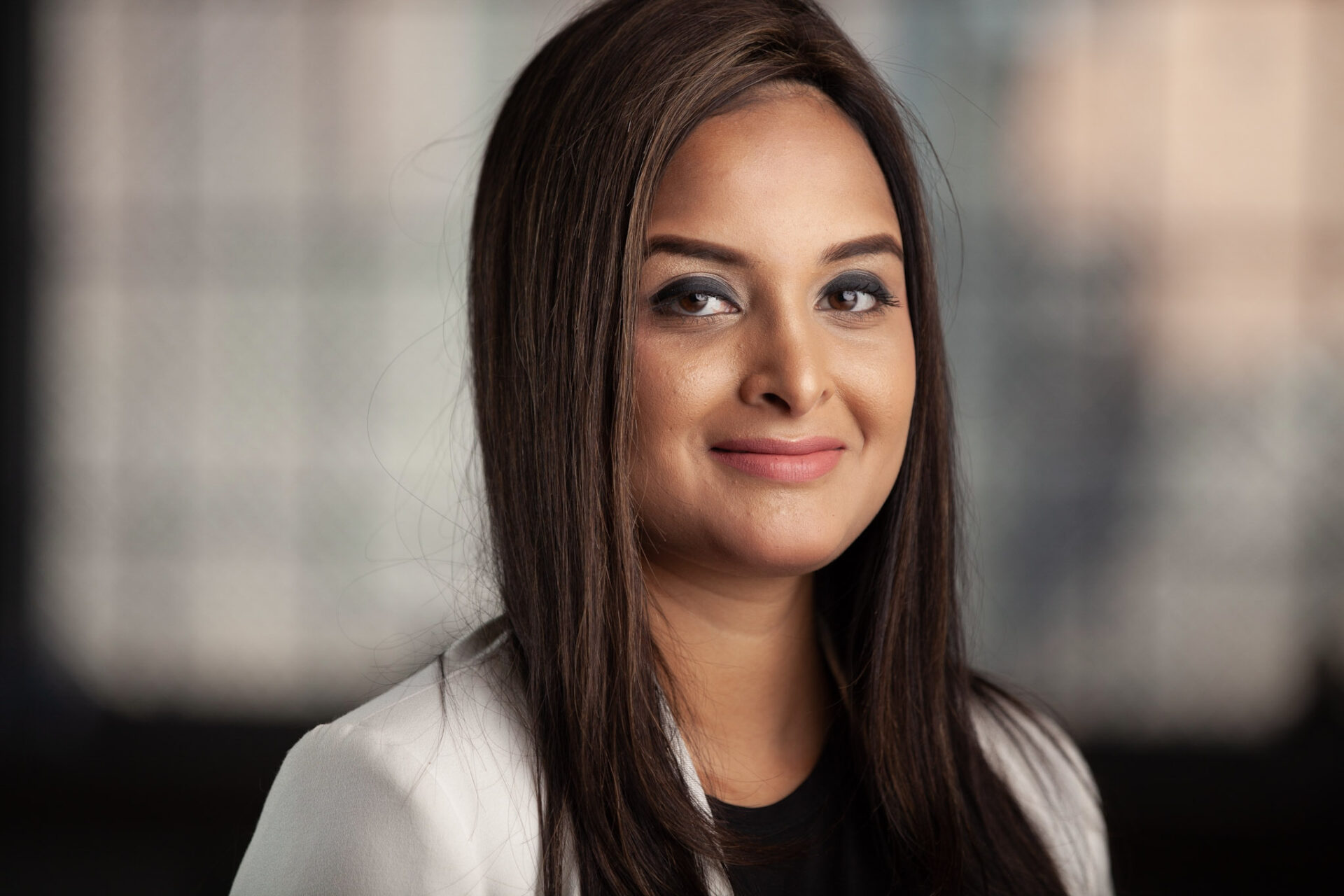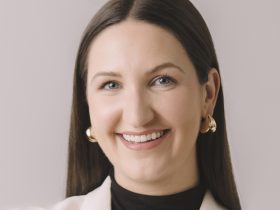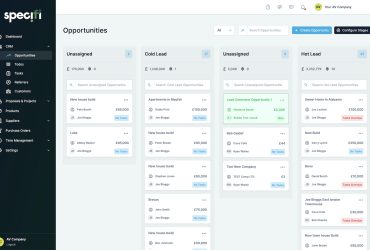Name: Fatima Zaidi
Job Title: Founder & CEO, Quill, Co-Chair, #Tech4SickKids
Years in the Industry: 14 Years
The Quote That Most Inspires You: It’s a close call between these two: “Those who don’t believe in magic, will never find it.” – (Roald Dahl) and “Service to others is the rent you pay for your room here on Earth.” – (Muhammad Ali)
What drew you to a career in the consumer and/or business technology industry?
I was born and raised in the Middle East to Pakistani parents who invested their life savings into giving their children a world-class education. In 2007, I made the decision to move to Canada because I wanted to be rewarded for my hard work and merit, regardless of gender, class, and background.
After university I joined the startup circuit to help scale companies from no revenue to multi millions in sales, and really fell in love with start-up tech and how it can impact lives in a very tangible way.
After realizing my passion for tech outside of entrepreneurship I decided to become co-chair of the #Tech4SickKids council for SickKids Hospital, which is the second-largest pediatric research hospital in the world. I wanted to start a business to solve a problem while committing to giving back to the world. We are on track to raise 25 million dollars to build a new emergency wing of the hospital, as well as fund some of the world’s biggest data and AI projects.
Have you encountered any roadblocks along the way that were related to your gender?
Absolutely, and now the pre-existing barriers to business that female founders face are further compounded by the pandemic, which is a lack of access to finance, lack of networks and mentors, and competing gendered priorities. Despite their being under-funded, underrepresented women-owned businesses are the fastest growing demographic for new business creation.
Investors who still claim they cannot find minority entrepreneurs to invest in are clearly not looking hard enough since talented BIPOC founders are only growing in numbers. The clog in the pipeline are founders not fitting into investors’ preconceived notions for what stereotypically constitutes a ‘successful entrepreneur’ and what they should look like, whether conscious or subconscious. This results in investors boxing founders of colour into “the other” category where either 1) they are filling a diversity quota 2) lose the opportunity to someone who “looks more the part.”
What unique characteristics or perspective do you feel you bring to your organization as a woman?
I advocate for myself. I think a lot of people have imposter syndrome — they don’t feel they deserve to be starting a company, running a business, growing a startup, or in a senior position at a company. And oftentimes, it’s especially the women around me who are afraid of coming across as too opinionated, aggressive, and promotional.
While I totally agree the system itself is flawed, we can counteract a lot of that by advocating for ourselves. Many women put an incredible amount of effort into branding for their clients while forgetting to also take control of their own personal branding and career.
At the end of the day, we are CEOs of our own brand. I want people to know that everyone has self-doubt, and everyone questions their abilities. I always try to remind myself that no one else has any more or any less right to be doing what I am. The only difference is that I went for it. So, focus on your personal brand, take credit for your ideas, and most importantly, advocate for yourself and what you deserve.

Technology is historically a male-dominated industry, yet the use of tech is fully embraced by women, and many studies even suggest that females are the primary buyers of tech in the home. What do you feel the technology industry needs to attract more women, particularly into high-level positions?
Oftentimes the root of these structural barriers that many female founders face are of social nature, so it is important to continue elevating the profiles of successful female founders to inspire the emerging next generation of female founders and BIPOC founders.
On the raising capital side, VC firms/angel and family offices whose partners don’t reflect national demographics should consider implementing selection blinds to help eliminate the unconscious personal biases in unrepresentative management teams.
If you had to sum up what it is like being a woman in this male-dominated technology industry in just a few words, what would you say?
It’s like being a unicorn with superpowers yet you’re flying under everyone’s radar. We’ve finally reached a tipping point to refuse to be treated as anything less than equal. The movement has been building for a long time; now, it’s time to see how powerfully women will speak up on their own behalf in politics, entertainment, and business. With any luck, it’s a movement that is here to stay.
Are there other women in the tech industry who inspire you?
There are so many to list, but I’m so incredibly grateful for the ladies in my tech community. We are each other’s sounding board, we lift each other up, share resources/knowledge and intel, and we have each other’s back.
A strong community of like-minded female founders has been instrumental in my growth and to name a few: Emma Harriss from Vetster, Erin Bury from Willful, who is my fellow #Tech4SickKids Co-Chair, Diana Goodwin from Marketbox, Jennifer Couldrey from The Upside Foundation, Sheba Zaidi and Genevieve Sav from Mahara, and Kerri-Lynn McAllister from Pawzy.
What are some of the misconceptions/myths about women working in the technology space that you’d like to dispel?
That we aren’t tech and data-focused. I have built my entire company Quill through hitting aggressive quotes and we are a very data-focused company. We use a data-driven approach to inform all our strategies, and data-centric strategy is at the forefront of everything we do.
What’s one thing you wish you had done differently, and why?
Being an entrepreneur is a rollercoaster. There are days you’re on top of the world, and days you hit rock bottom. Good entrepreneurs recognize that getting your ducks in a row takes much more work than commanding them to line up. Great entrepreneurs know that entrepreneurship is a marathon, not a sprint. I wish I had learned that sooner in my career.
Are you optimistic for the future in general and for the industry?
I’m very hopeful for the future of tech and, in particular, around the work that SickKids is doing. SickKids has always been at the forefront of innovation, and now they need community support to make sure it stays that way. We are currently raising $25 million through our tech community for a few different projects.
To date, we have raised just over $6.5 million, and our goal through the end of 2023 is to get to $25 million through our various initiatives where we are rallying Canada’s tech community. Right now, we are laser-focused on #Tech4SickKids’ inaugural virtual gala event, hosted by Amber Mac. Tech4SickKids Auction Night will bring together leaders, influencers, and future innovators from the technology community on November 4th for a star-studded virtual fundraising event.
We’d love for Canadian tech companies to join our cause by supporting us through sponsorship, corporate donations, and pledging their equity so we can continue to benefit from this world-class hospital and healthcare research centre.









